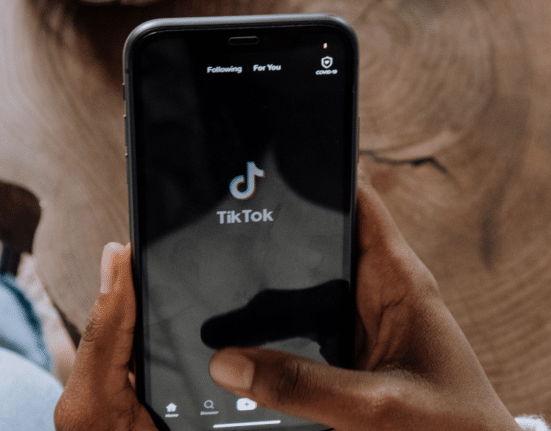SOLDIERS should say goodbye to their TikTok accounts if they ever sign up for one, as the Armed Forces of the Philippines banned military personnel from using the popular social media app due to cybersecurity risks.
According to AFP spokesperson Police Colonel Francel Padilla, the ban will be implemented at work as well as on the personal phones of military personnel.
“Sa AFP, banned na po siya (In AFP, the use of TikTok has been banned already). So we are not allowed to use TikTok. For one, because it’s an application made by China but is not used by China. So that in itself, we say go figure,” she said in an interview aired over GMA 7.
“We have a directive that we are not allowed to use TikTok. So we follow it to the letter,” Padilla added.
According to Padilla, TikTok and other free apps ask users for access to phone features like cameras, microphones, and messages.
That is, even if their services have nothing to do with these functions.
“Not just Tiktok, but the free apps that we have in our gadgets, they have the capability to turn on our microphones, to look at us and watch us while we sleep and turn on our cameras, access our SMS sent messages to our contacts because we gave them permission when we downloaded these applications,” she said.
Related Article: Philippines may ban TikTok if used for spying – Año
It will be recalled that in September last year, the National Security Council (NSC) said that they were seriously studying the possibility of banning TikTok among the government’s uniformed personnel to avoid a possible “data leak.”
It is not just in the Philippines, as other countries such as the United States, India, and Canada have announced moves to ban TikTok, which is owned by a Chinese company, on government phones and state workers amid concerns that the application might give sensitive use data to the Chinese government.









